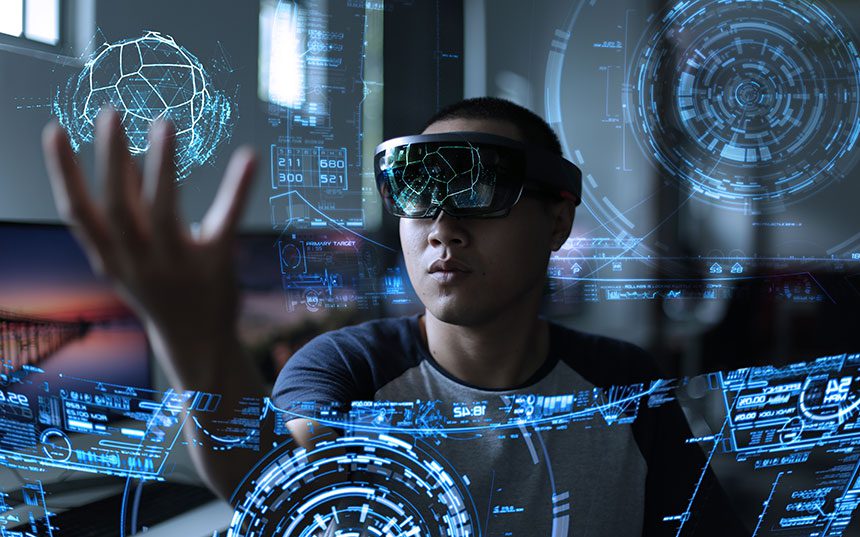In the realm of science fiction, cybersecurity has consistently been a focal point. Captivating audiences with visuals of hackers penetrating digital fortresses, often to steal some data or embed a virus, usually with a time limit put right to the wire. The gap between Hollywood’s rendition of cyber security and the complexities of real-world threats is far wider than you may think.
You have not been cherry-picked.
The typical cyber attack for a small business is often far less glamorous than what you see in the films. The ‘hacker’ will usually not be in a dark room full of small flashing LEDs decrypting passwords with a horizontal bar to display their progress, but rather a group of people sending mass emails with malware to a list of email addresses they have purchased on the web. Once a user opens the attachment in the email, a script is automatically run, and malware is installed on the machine. The difference is that typically, it is suggested that someone is directly targeting your business and has hand-picked you as the victim. This is often, especially for a small business, very rare. The ‘Casting a wide net’ approach means everyone needs to be consistently aware of cyber threats and learn proactive ways to prevent and avoid them.
AI is here to help.
Another example of how the genre of science fiction can often portray cybersecurity in a not-so-accurate light is the fascinating world of artificial intelligence. Pretty much everyone has seen The Terminator, the story depicting how artificial intelligence will become sentient, robust killing machines that take over the world. Whilst The Terminator does a brilliant job of convincing viewers this is possible, the truth is far less daunting.
In the real world, AI is usually a force for good. Artificial intelligence is employed for threat detection, anomaly identification and rapid response to cyber-attacks. Modern anti-virus systems will often upload files to an AI-powered database that will scan the file for any threats or anomalies and report back to confirm if the file is safe to open. Because of the power of modern AI, this process takes mere seconds and can process thousands of requests a second. As AI gets better in the future, so will the protection it offers.

Exaggerated Physical Threats
Cyber threats are sometimes portrayed as having immediate and catastrophic physical consequences, such as explosions or power grid failures. While cyber-attacks can have serious consequences, the immediate and exaggerated physical impacts are often overstated. In the real world, the impact of a successful cyber attack can lead to loss of data, having your data held for ransom, reputational impact and much more. In many cases, it can take a while for people even to notice they have been compromised.
In conclusion, whilst Hollywood portrays cybersecurity as a futuristic theatre of war between hackers and firewalls, it is something that affects everyone using a computer no matter where they are. Southern Solutions is more committed than ever to raising awareness and assisting our customers in preventing and defending against cybercrime.
If you feel your business can benefit from cyber security prevention and training, contact Southern Solutions today!